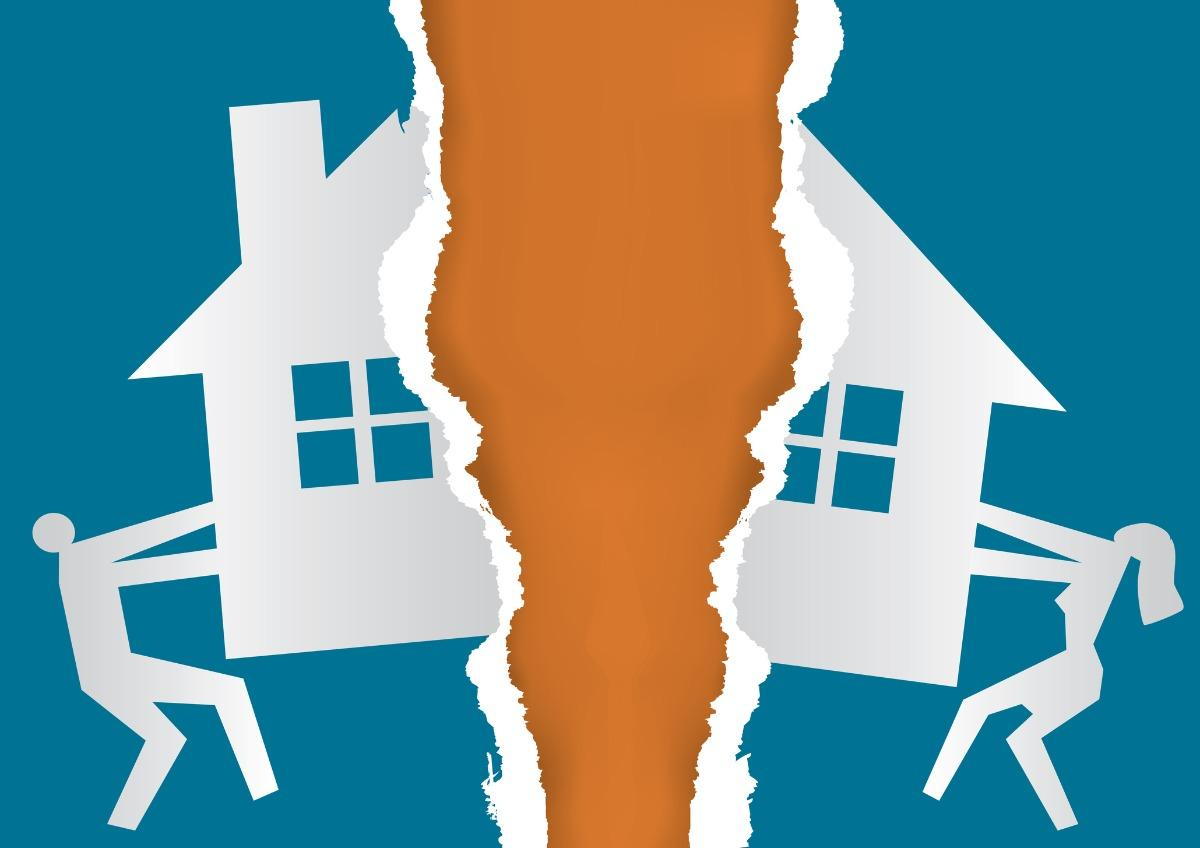
- posted: Jul. 05, 2023
- Mediation
Separating a couple’s finances during a divorce can be complicated and contentious. If the spouses cannot agree to a settlement, a judge must decide all material issues after a full hearing. Another option is to mediate the property issues. A successful mediation can save both spouses time and money as well as giving them more control over the outcome.
California is a community property state. In general, assets and debts accrued during a marriage are divided equally in a divorce. Assets accumulated and debts incurred prior to the marriage are usually separate and remain with the individual. However, it is not always easy to distinguish community property from separate property. An asset that was initially owned separately might be converted to marital property — either partially or completely — through actions taken by the spouses during the marriage.
Once an asset is decided to be community or mixed-ownership property, it must be valued in order to be divided. The valuation of cash accounts, publicly traded securities and other liquid assets is relatively straightforward. However, putting a value on real estate, small businesses, private investments, collectibles and other unique assets can be difficult. Valuation often requires appraisers and other experts, whose work is somewhat subjective in nature. There can be significant differences in opinion as to values among qualified appraisers.
Mediating the property division and asset evaluation aspects for divorce can be beneficial for both spouses. The advantages of mediation include:
- Time savings — Mediation sessions are relatively informal. As compared to court trials, mediation usually involves less time spent on procedural issues. Therefore, mediation is completed more quickly than going to court.
- Cost savings — Mediation is almost always much less expensive than litigation. By dispensing with many litigation procedures, a mediator can immediately focus on important issues. The mediator can devote their efforts to finding fair resolutions to matters in contention.
- Expertise — A divorce mediator is experienced with respect to property distribution and valuation methods. The mediator also has insight as to how a judge is likely to rule on a certain issue, which can give the parties an incentive to reach an accord.
- Control — Unlike in litigation, where the judge makes all decisions, the mediator only makes recommendations for the spouses to follow. The spouses have more control over the outcome. In addition, mediation is entirely voluntary. If mediation ultimately fails, the parties still have the option of proceeding to court.
Quinn & Kronlund LLP in Stockton provides alternative dispute resolution services throughout northern California. If you have a divorce situation requiring asset valuation mediation, feel free to contact us online or call 209-943-3950 for a consultation.

